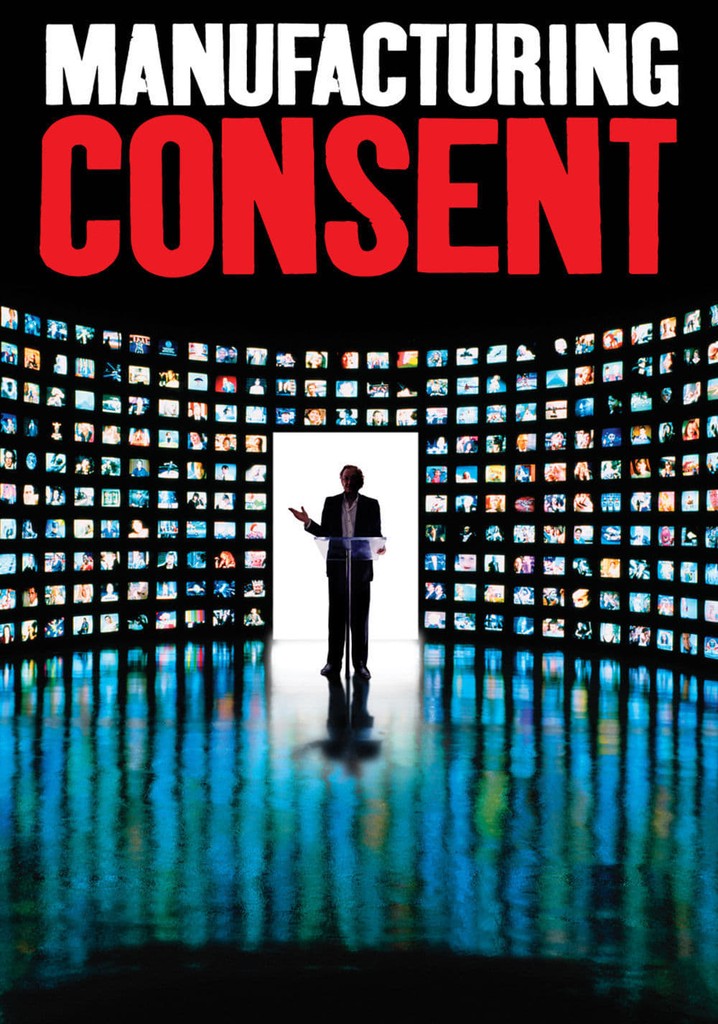Manufacturing Consent is a phrase made famous by the 1988 book titled Manufacturing Consent: The Political Economy of the Mass Media, written by Edward S. Herman and Noam Chomsky. This idea explains how mass media acts as a means to influence public opinion in ways that benefit powerful elites, including governments, corporations, and other influential organisations.
The “propaganda model” by Herman and Chomsky explains how media works in capitalist societies. They suggest that media does not provide neutral information but instead creates support for policies and ideas that favour those in power.

Filters in the Media
The writers point out five main “filters” that affect what is reported and the way it is presented
- Media Ownership: Large corporations own many media companies, which can lead to shared interests with other powerful groups.
- Funding from Advertisers: Media organizations rely on advertisers for funding, which can make them hesitant to produce content that goes against corporate interests.
- Sourcing: Media frequently relies on information from government and corporate sources, reducing the likelihood of challenging these entities.
- Flak: Media that criticizes powerful groups may encounter backlash, including lawsuits, boycotts, or negative press.
- Anti-Ideologies (e.g., Anti-Communism): The media often presents issues in ways that align with dominant ideologies, depicting dissent as unpatriotic or threatening.
The media can influence how the public sees things by choosing what to report, how to present it, and focusing on certain stories. For instance, they might highlight specific dangers, such as terrorism, to support government actions like military operations or increased surveillance.
Examples of Manufacturing Consent
- War coverage: The media frequently presents wars as essential or justified by focusing on government stories and minimising the effects on civilians or opposing views.
- Economic policies: The media may emphasize the positive aspects of specific policies while overlooking their impact on disadvantaged communities.
- Corporate matters: Reports that criticise advertisers or owners might be hidden or given less attention.
The idea promotes thinking critically about how media affects society and emphasises the need to look for different sources of information.

